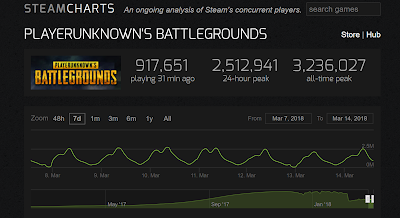Analytics and data collection is not in itself bad. There are several use cases where this can actually be constructive to a well-intentioned game designer. Data might point out weak spots in your level design or an imbalance in a given class. Riot uses a platform called Platfora, which was acquired by Workday, to gather data from the player base. This data is used for the constant adaptation and adjustments in-game, which is one of the reasons it has had so much staying power. Data like it has also has been used for advertising and it's this use that starts to bring us to the more controversial side of data.
Many games are now sanctioned to online-only play. This decision does not only have to do with the DRM to keep people from stealing it but the availability to collect information about your play style, when you play, and what you are most likely to engage with. Mobile games gather even more of your data with their access to your phone.(NyTimes.com) Many apps ask to read certain areas of your phone, which they do, and that data is usually collected. This data is not used for the betterment of a game but for the use of selling you something or selling your info to companies who do.
Adding analytics to games isn't even hard to do. Unity even advertises and pushes its packages and it's something that many companies are looking for. A well-known adage is "Data is Money" and a comprehensive set such as how you are spending your time is very valuable. This data is largely unregulated. Unlike personal health information, it is a lot easier to trade and sell and there are some companies like Narrative that are making it even easier. (Techcrunch.com)
There are no real secrets why gaming companies want you online; why they want you to use their game launcher; why those convenient sells happen why they do. The gaming industry has hunkered down in the world of big data and that means all of our data. The question now is if there is a point where data collection is too much and who really owns your data. These are on top of the security that holds your information.


Comments
Post a Comment